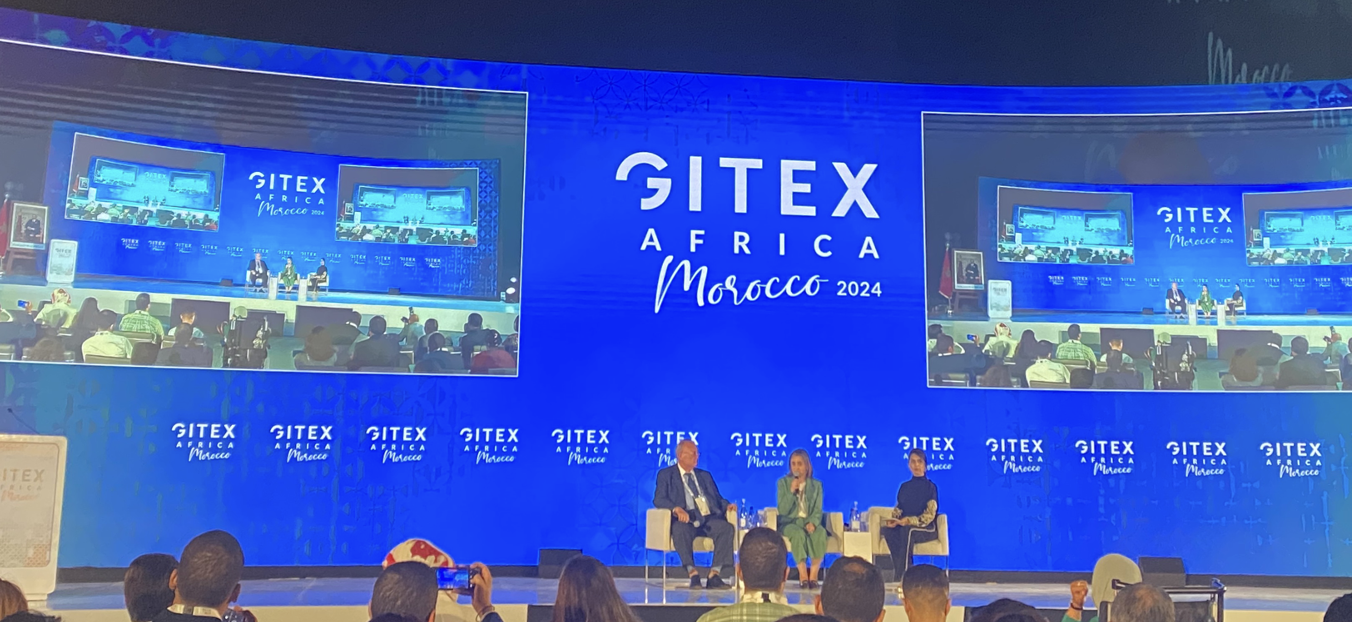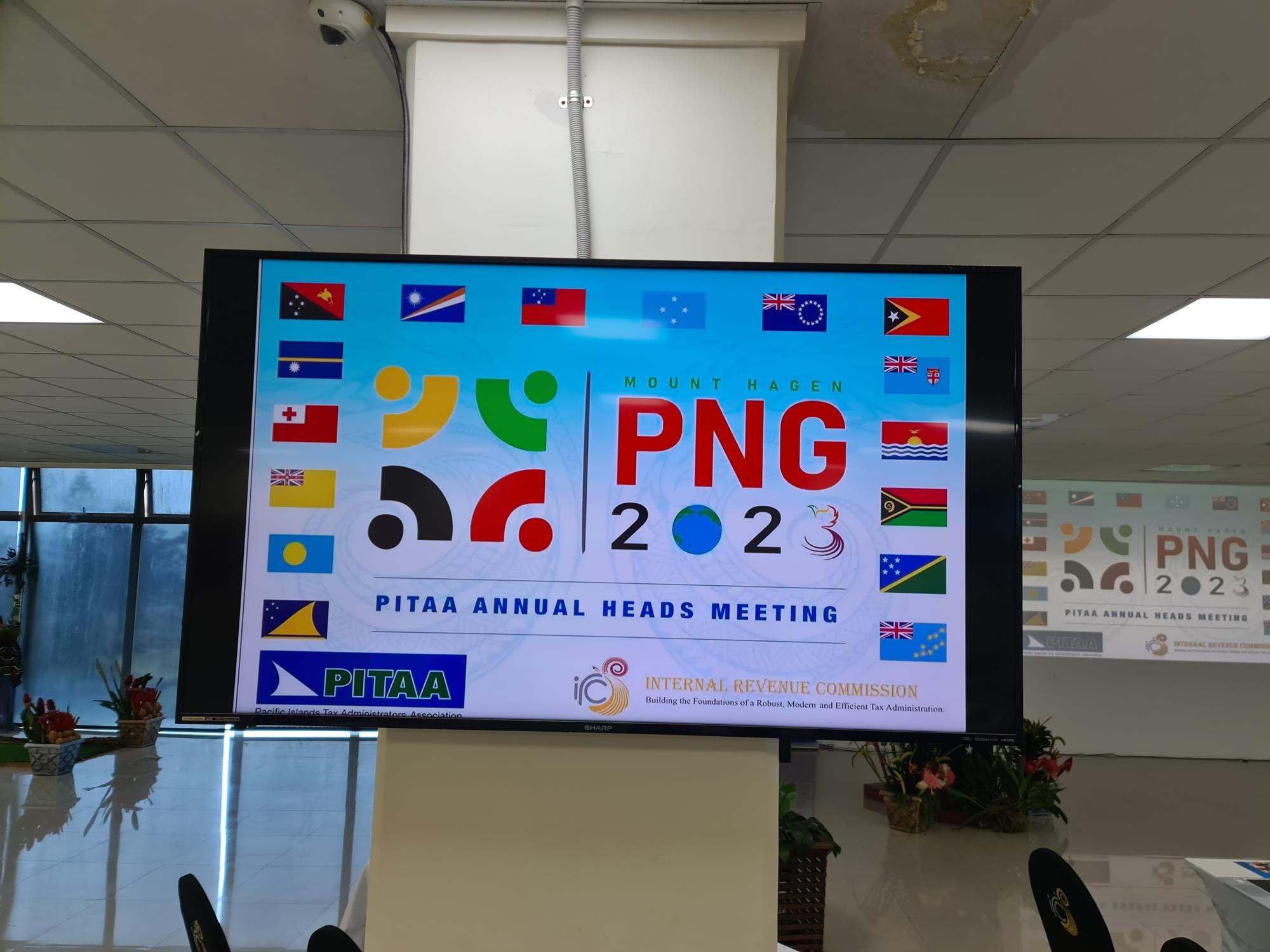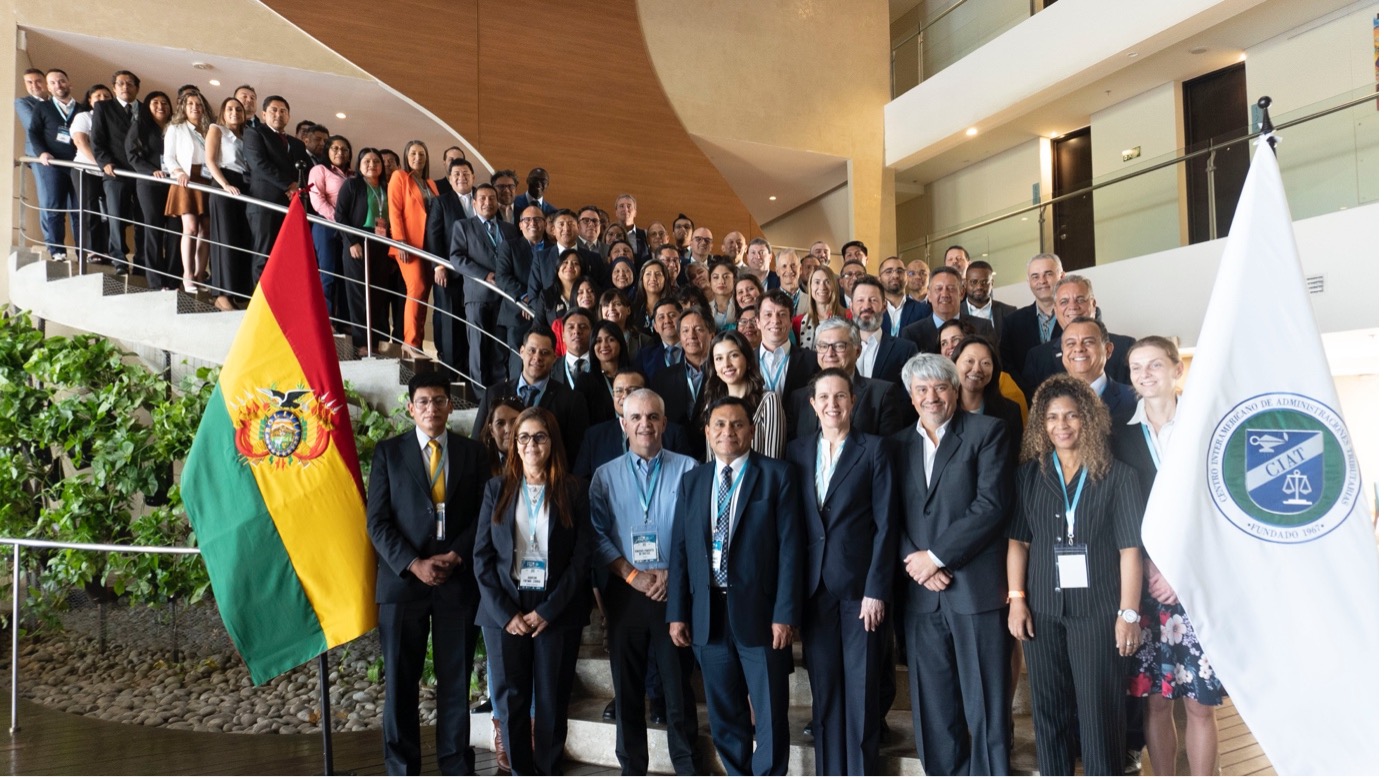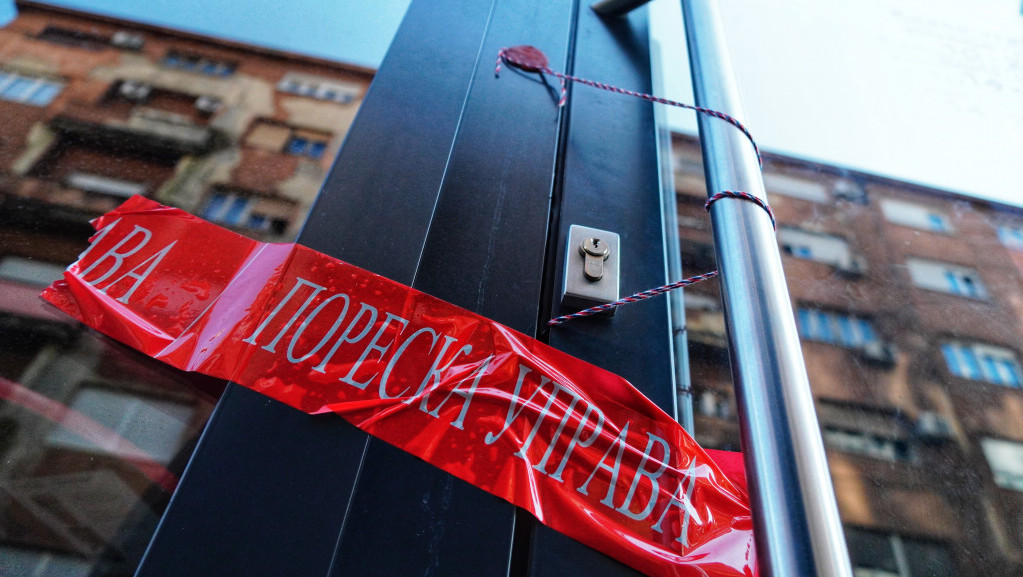John Richard Bracken, 54, ran the scam through his company, Bracken Enterprises Ltd (BEL), in New Zealand. He established this company to export various materials to the Pacific Islands, resulting in his reception of $17.4 million (10.4m EURO) in GST illegal refunds, thus committing tax fraud.
For four years, BEL’s employee noticed the tax fraud in New Zealand, contacted the SFO (Serious Fraud Office), and involved the police, finally prompting action from the IRD. According to her testimony, she feared the tax bills she was preparing for the company might not be legal. In mid-2019, IRD brought 39 charges against Bracken in relation to GST returns BEL filed between September 2014 and August 2018.
Records held by the New Zealand Customs Service showed that BEL had exported just $478,000 products to Niue under its own name between 2011 and 2018, but falsely claim it had purchased product in country worth more than $133 million and exported nearly all of it over the four years.
The scheme involved Bracken contacting various companies and enquiring about purchasing their products. The companies would provide a pro forma invoice setting out the terms of trade. In most cases the companies never heard from Bracken again. Bracken then copied and altered these pro forma invoices to falsely depict large purchases that never occurred.
Bracken stood before Justice Graham Lang in the Gisborne Supreme Court this March.
Directors and owners of several companies heard the trial for tax fraud in New Zealand, who allegedly delivered the invoices. They refused to provide the products or invoices Bracken claimed, saying the invoices looked very similar to the pro forma invoices they had provided him. Some of the bills were for amounts that the directors said were much higher than their annual sales figures.
Freezing the funds
Judge Lang stated that Bracken orchestrated the tax fraud project by ensuring the invoices depicted both the purchase and subsequent export of the fictitious product. He also did the banking and re-depositing the funds into BEL’s bank account to create the impression that the transactions were genuine.“ The Brackens are currently under legal action against the Brackens under the Commissioner’s Criminal Proceeds (Recovery) Act in relation to their assets, including their farm in Matawai, near Gisborne, valued at approximately $ 7 million.
The freezing of the assets family owns began in 2019, at that time John Bracken told the Weekend Herald that having his assets frozen made him feel “basically guilty” before hearing any evidence in court. “It’s quite a horrible situation here. Bracken stated, “The authorities are freezing our funds, we don’t have a lawyer, and we’re not really sure which avenue we’re taking to fight it.”
“[We’ve done] absolutely nothing wrong. What I’ve done is fine [regarding tax affairs], I’ve done it for 20 years and a lot of other people do it.
IRD had no idea
Unfortunately IRD had no system in place to detect the fraud. If there wasn’t a whistle blower, Bracken could’ve continued his operation unnoticed. IRD investigators collected evidence for four years, but how far exactly did this fraud went on only Bracken knows. His statement to Weekend Herald that he has done it for 20 years, could be true.
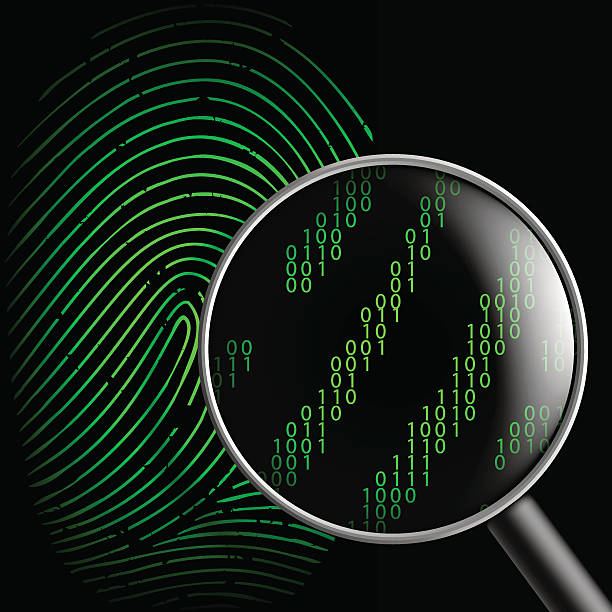
Fiji and Samoa are the first countries in the region to adopt unitary digital invoice. Such case could not go undetected in these jurisdictions because the system (TaxCore®) is built on top of the public key infrastructure and uses a certificate authority to provide security.
The public key infrastructure allows for mutual authentication of the taxpayer and tax authority, prevents the repudiation of digital signatures, and ensures data transport security and invoice integrity. The IRD would not have any doubt to sound alarm on the first fake invoice that would’ve arrived from Mr Bracken with the claim request.
What IRD has introduced recently is e-invoicing so invoices will be digital, hopefully mandatory one day, however verifying them will not be as efficient as in their neighbouring Island countries. Unless IRD adopts the clearance model, they will need to operate their system for matching up invoices similar to practices in South Korea or India. While this process can be automated, it does not provide a complete solution for all case scenarios, as explained by a group of authors in their research paper titled “Invoice Matching or a Unitary Digital Invoice.”
